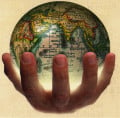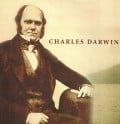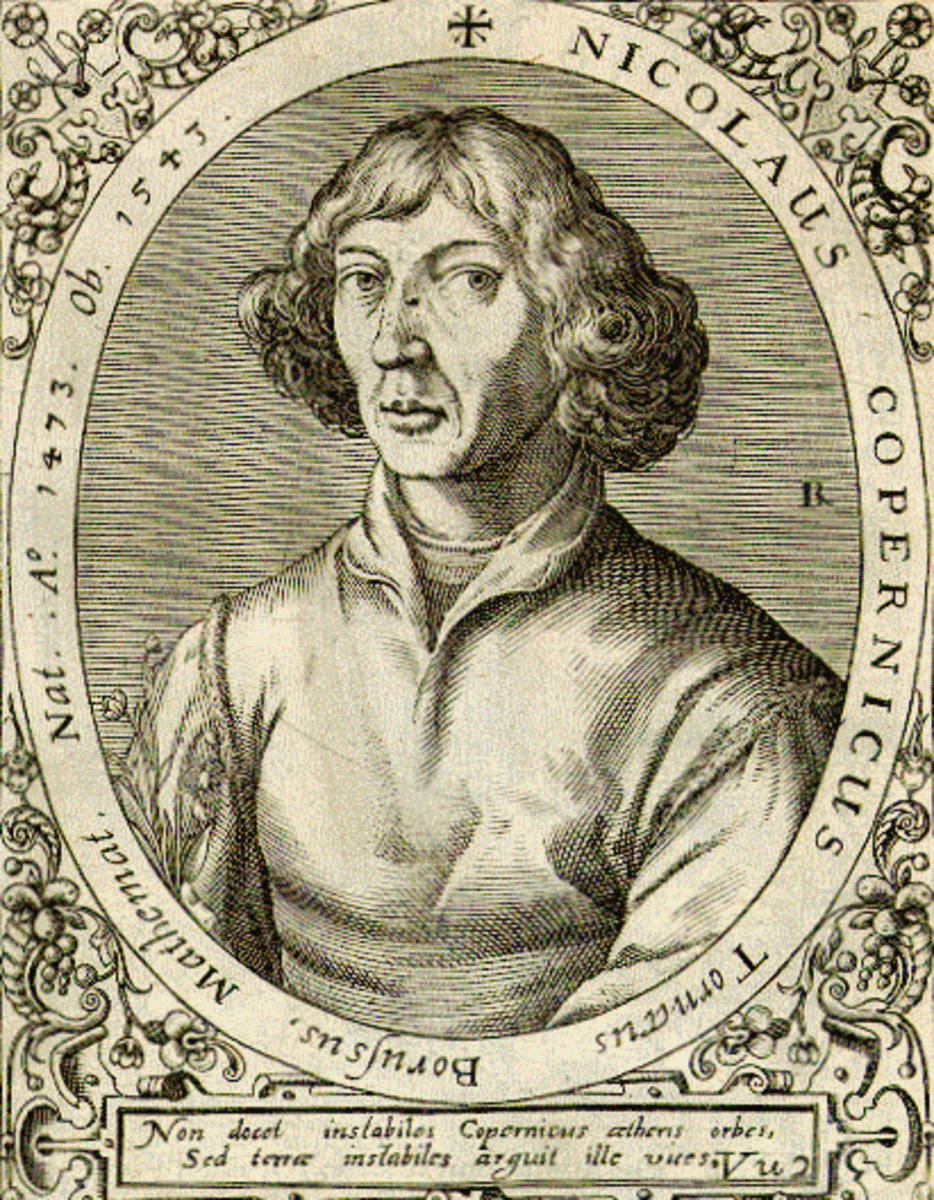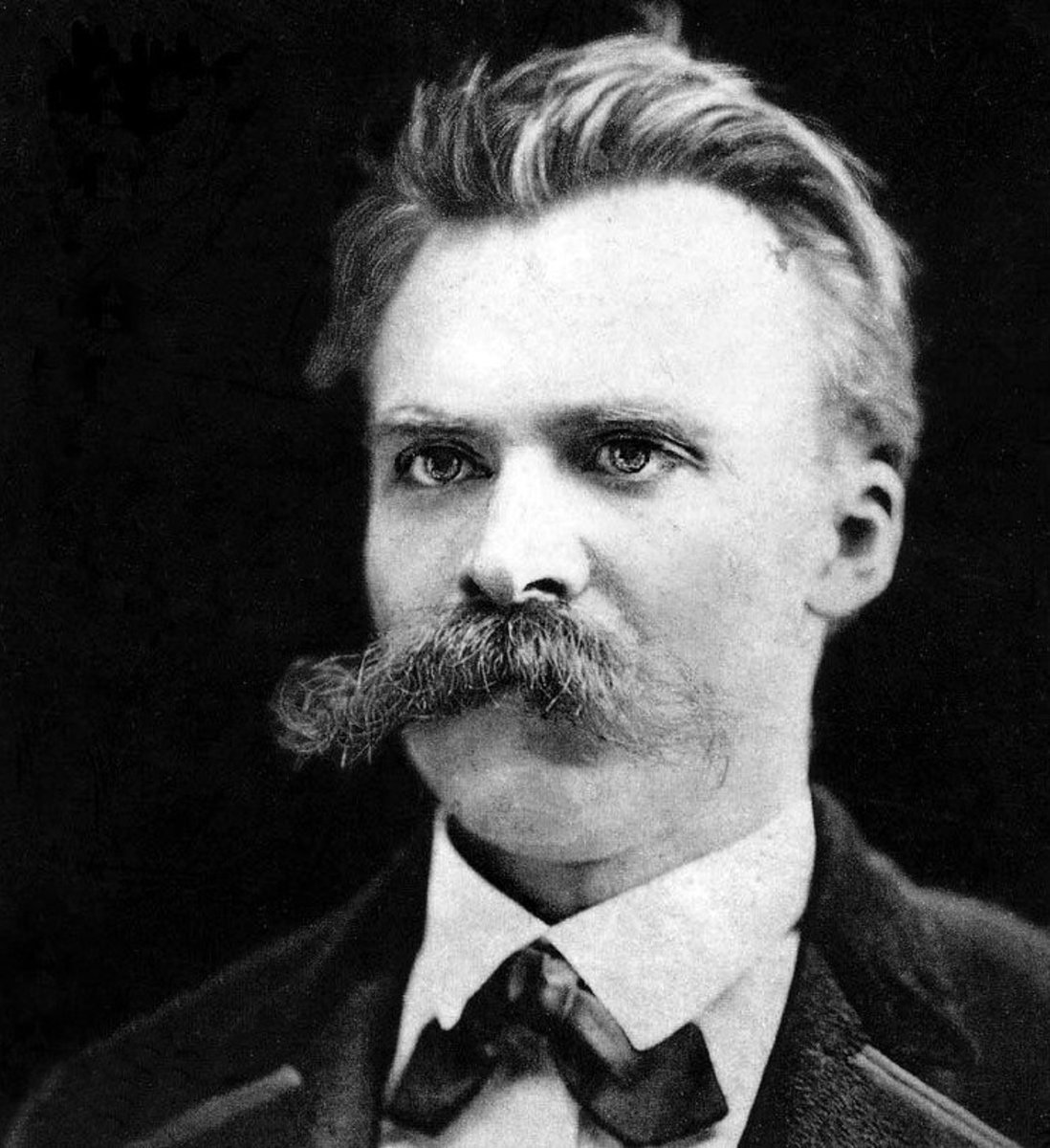Science vs. Religion: Response to New Yorker article "Teaching Doubt" and its Readers

Intorduction
This is a subject I normally would not touch with a 40-foot pole. I respect that the human race holds many different beliefs globally. For the sake of encouraging critical thinking from my readers I would like to cast aside my own beliefs in order to approach this topic without bias.
It is important to respect the value of science as well as religion. It is especially important to respect the opinions of one another. Keep in mind, however, that opinions are just that: Opinions.
I would like to ask my readers to keep an open mind to ensure productive conversation. Any nasty and demeaning comments will be denied. Comments are welcome, but please remember to be thoughtful and respectful of others.
I came across the New Yorker article "Teaching Doubt" on a social networking site and took the time to evaluate this heated and heavily debated topic. I also took the time to see what readers had to say and have taken their comments into consideration in order to formulate a response.
The article discusses the discomfort from politicians and teachers alike about challenging students' religious beliefs in the classroom. Asking questions and finding empirical solutions to these questions is the essence of science. Although Christianity is usually referenced to when discussing religion in the classroom, there are many types of faith throughout the world.
Before we begin debating, it is important to first clearly define the differences between science and religion. It would not be fair to say that either one is "bad". Facts, ethics, and beliefs, are all very complex. It cannot be denied that science has played an important role throughout history. Religion is important to many people. The challenge is to know where to draw the boundary between the worlds of science and religion. Scientific theories are very plausible and there seems to be little evidence for religious theories pertaining to topics such as the creation of the universe. However, to say that there are no supernatural entities with absolute certainty would not be accurate either. The feats created through science cannot be denied. The only thing we know for sure is that there is a great big world out there with corners of the universe still left unexplored and untouched.
The human race will only progress through maintaining open-mindedness. One thing history has taught us is that intolerance is dangerous and will lead to destruction.

Defining Science and Religion
1.) Science is knowledge. More specifically, Science is knowledge through the study of the behavior of the physical and natural world through use of observation and experimentation.
Scientific hypothesis can be measured, calculated, and evaluated through factual evidence. It has become a valuable tool for medicine, exploration, social and community improvement, and more. Examples include cures for diseases, creating effective interventions and preventions, creating technology allowing us to travel safely across the globe and even into space. Science has taught us about nutrition and has helped the average lifespan of the human species as well as other species to be prolonged.
Science is inherently unbiased. At least, it is supposed to be. Science is used to ask questions and explain the world around us in a logical, measurable way. Scientists do not always get the answer they may hope for, but they will find answers regardless.
2.) Religion is a system of faith and worship of a superhuman power, god(s) or goddess(es). There are many different religious systems. These systems are based on cultural, social, and personal experiences and beliefs.
Religion is not based on factual, measurable evidence. Religion has been known to be used to create intolerance and has served as an excuse for persecution and war. However, religion itself is not what causes the negative outcomes. Feuds over religion develop due to individual people who are simply closed-minded. Religion, like science, has its place in the world. Religion is not necessary to teach someone to be a good person and to treat others with respect. However, it is a powerful tool for teaching inner strength, forgiveness, attainment of peace, and selflessness. Religion has also enriched our lives through music, art, poetry, and more, throughout history.
Although religion does not answer our questions in a the factual way that science does, it is important for many people who turn to it for comfort and understanding. The meaning of life, acceptance of death, and personal journeys are things that science cannot answer in-depth. Science may know how a body decomposes or how it can be embalmed and preserved, but it cannot prove if the spirit and soul exist. Religion gives people a chance to form their own beliefs, whether they are passed down across generations, or newly created in today's world. Religion helps us make sense of things that science cannot. The truth behind these answers is strictly based on one's personal beliefs. Like science, religion is plausible, however there is simply not a lot of evidence to support religious theories pertaining to topics such as the creation of mankind or the universe itself.
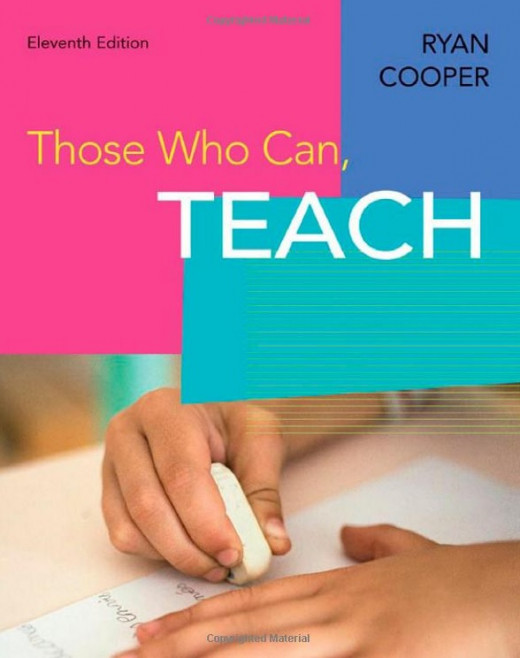
Education
What is the Role of Education?
There is a great deal of irony surrounding this question. Today, the role of education is defined very differently from what it used to be. In Ryan Cooper's 11th edition of "Those Who Teach, Can" we learn that formal education in America began in the 1600s as a way to teach boys about religion, arithmetic, how to read, and how to write. Few girls had educational opportunities. At best, housewives would offer to teach young girls how to read basic prayers in addition to household skills such as cooking and sewing. District schools eventually emerged. It was suggested that Satan's influence would keep people from understanding the scriptures. This was the reasoning behind educating the nation's youth.
In today's world, education has progressed to enable both men and women of all races to become contributing members of society. The results show improvement with the changing times. Humans are creating medicine and technology which greatly improves the quality and longevity of our lives. Education is no longer meant as a means to control an unseen, evil entity corrupting our children's youth. The role of education today is meant to encourage critical thinking, creativity, the pursuit of knowledge which can be tested using scientific methods to arrive at answers for many very real problems in the world. Today, education allows children to advance intellectually and understand the world around us.
Dr. Lawrence Krauss discusses Science & Religion
What should schools teach our children?
The answer to this question comes down to this: Do we want to progress as a human race, or do we want to cease progression? With the assumption that progression is positive and desirable, the answer is simple. Introducing critical thinking into the classroom has sparked a revolution of new ideas and inventions which would have surpassed the imaginative capabilities of people from the 1600s.
When it comes to science vs. religion, teaching the plausibility of scientific explanations will help accomplish this feat. Science has been designed to question everything and increase our knowledge, skills, progress, and independence. Teaching theories that are different from those taught in various religions can seem new and scary. But new is not necessarily bad. "New" gives us a way to improve our every day lives. Religion certainly has its place, but it will not aid in the progression of humankind. If religion is solely depended on we as a race would be as blinded as we were in the 1600s.
Religion has its place. It answers questions which science cannot such as the meaning of life. No one was around to see the earth come into existence. But the same could be said for god(s) and other entities in religion. Any theory is plausible, but it ultimately comes down to evidence which is why the scientific theory is being taught in school. It is reasonable to discuss these different theories, even in a classroom. However, one thing for sure is that religion did not create treatments for diseases which would have once been undetectable and fatal. Religion did not send mankind into space or build airplanes to take us around the globe.
How do we learn about scientific beliefs in school and still hold on to religious beliefs? Religion can play an important role in bringing hope and peace to people's lives. Religion is something that can be therapeutic. Changing our emotions and learning how to cope with different aspects of our lives is not as simple as turning a light switch on and off. Religion within a community can build strength and friendships. Religion tends to serve best as a life coach, rather than an educational coach.
Learning about science does not mean a person has to give up their religion. Adopting a religion does not mean a person has to give up their scientific knowledge. Learning to be tolerant and accepting of every individual's needs and beliefs is important for creating a harmonious world for everyone. It is natural for people to have unwavering disagreements. It is a fact that science and religion are incompatible with one another. Having said that, a little open-mindedness would certainly go a long way.
Do teachers have an obligation to challenge students' religious beliefs?
It is important to remember that the purpose of teaching science is not necessarily to prove or disprove something, but to ask questions and find answers. Sometimes we do not always arrive at the answer we are looking for. Teaching science is not only meant to introduce scientific theory and methods. It is meant to teach critical thinking, eliminate bias, and analyze data. Teaching students with religious beliefs to acknowledge that a world created by science rather than religion is plausible is important for developing critical thinking skills.
Teachers are hired to teach students about scientific theories as facts. However, it wouldn't hurt to discuss with students the flaws in any theory and highlight supporting reasons for why the theory of evolution is so important.The theory of evolution provides explanation and evidence for how living things change and adapt throughout history. Facts mean nothing without understanding why and how these facts came into existence.
My advice to teachers would be to listen to your students' questions and let them know that you acknowledge their opinions and beliefs. Take the time to explain the subject matter in a way they can understand, and create a dialogue. Do not underestimate the power of conversation. Conversation is a great tool for teaching and can be a great way to help your students become more engaged with your class and involved with their education.
Failing to challenge students' religious beliefs would only ensure ignorance. Failing to question the world around us would rob us of autonomy and the ability to think critically. Without science we would all be sheep following the rest of the herd blindly.
Complete rejection of science or religion merely creates an intolerant world full of hateful people armed at the teeth and ready for war over something as simple as a difference of opinion.
Freedom of Religion
America was founded on religion. Soldiers fought for our freedom of religion. The constitution requires the separation of church and state. It is important to understand that you have freedom of religion, however it is also important to acknowledge that other people are entitled to be free from religious indoctrination, including in the classroom.
If a teacher has a student who is religious and disagrees with what is being taught, this can be addressed by asking questions and generating constructive conversation and critical thinking.
A teacher who has a few inspirational quotes from history is not violating the constitution.
However, if a teacher uses the story of Adam & Eve to explain biology or plasters the 10 commandments on the wall, this would breach constitutional rights.
It is important to know where to draw the line between religion and education. In the corresponding video one woman faces complaints and possible termination due to her use of inspirational quotes in the classroom. Although in some ways the response towards the references in her classroom seem to be hostile and uncalled for, there are a few red flags.
One thing is for certain. The classroom is not a place to subject others to your personal beliefs. The classroom can, however, be a platform for constructive conversation involving the dilemma between science and religion.
A Final Word
There are several points which I would like for my readers to think about.
1.) There are many plausible theories. Empirical evidence from scientific findings has greatly improved quality of life and longevity. Scientific theories contain a great deal of supporting evidence.
2.) Religion is important to many people and can be therapeutic and beneficial. It can also create close community ties and give our lives a sense of purpose. Religious theories have very little evidence to support them, however they cannot be disproved beyond all doubt.
3.) Where there is freedom of religion, there is also freedom from religion. Acceptance and open-mindedness will free the world from blindness and create a better world.
4.) The future of our world depends on the education of our children.
My final question to you is...
What kind of Future will you create?
Thank Your for Reading!
I hope my article in response to "Teaching Doubt" has shed some light on both sides of the debate. Science vs. Religion can be a difficult topic to discuss without stepping on toes.
Critical thinking and constructive dialogue is always welcome. If you would like to leave a comment about this article, I look forward to hearing from you.
I would like to ask my readers to please be respectful of each other in the comments section.
Thank You for Reading!

